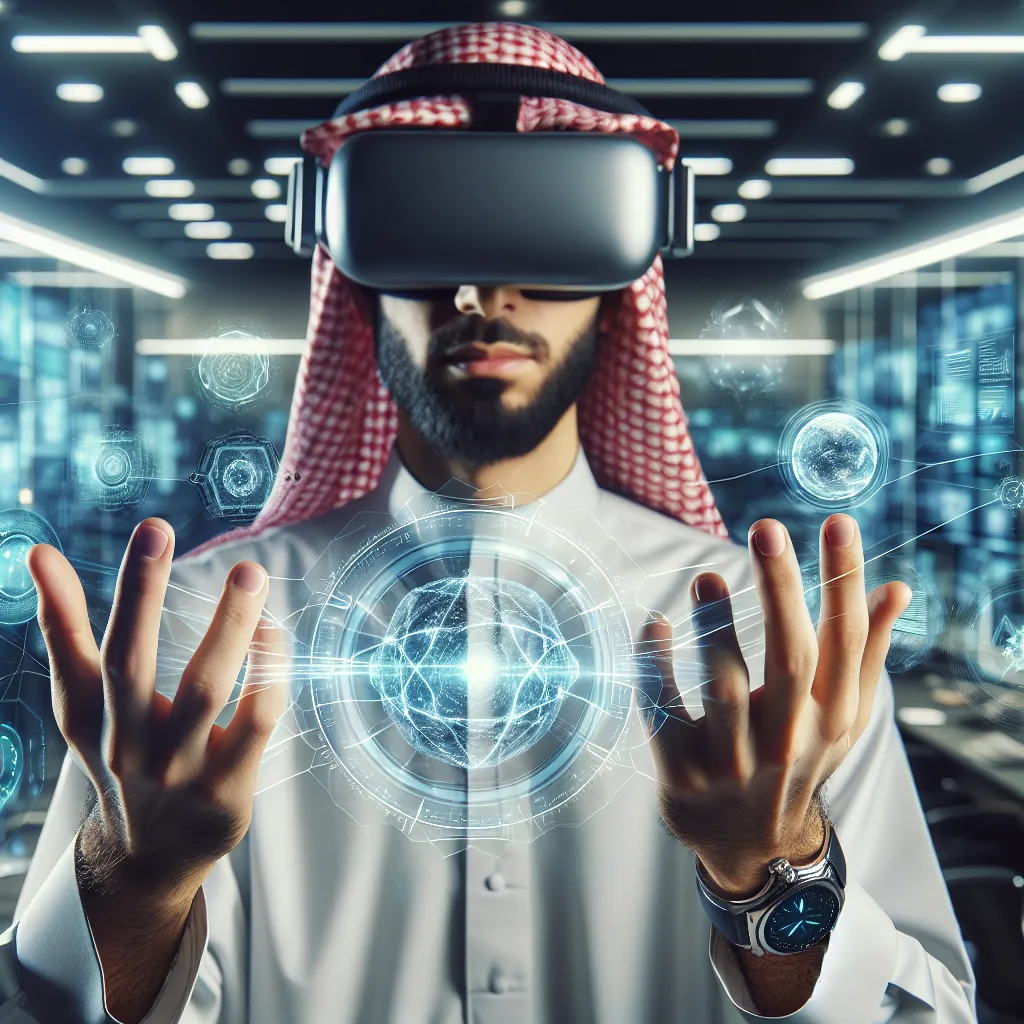Advancements in Artificial Intelligence and Machine Learning
Recent years have seen remarkable advancements in artificial intelligence (AI) and machine learning, revolutionizing various industries and everyday technologies. One of the most notable developments is the application of AI and machine learning in natural language processing, enabling virtual assistants and chatbots to understand and respond to human language more accurately than ever before. Additionally, AI-powered recommendation systems have become increasingly sophisticated, delivering personalized suggestions for content, products, and services based on individual preferences and behavior patterns.
Furthermore, AI and machine learning have significantly transformed the healthcare sector, with the development of predictive analytics models that can aid in early disease detection and personalized treatment plans. The integration of AI into medical imaging technologies has improved diagnostic accuracy and efficiency, ultimately enhancing patient care. In the financial industry, these technologies are being harnessed to detect fraudulent activities and predict market trends, allowing for more informed decision-making and risk management.
With the continued evolution of AI and machine learning, there is a growing emphasis on the ethical and responsible use of these technologies. Discussions surrounding data privacy, algorithm bias, and the societal impact of AI systems have prompted a concerted effort to develop frameworks and regulations that ensure fairness, transparency, and accountability. As AI and machine learning continue to advance, it is crucial to prioritize the ethical considerations to foster trust and mitigate potential risks.
The Rise of 5G Technology and Its Implications
One of the most significant developments in the field of technology in recent times is the emergence of 5G technology. The advent of 5G has ushered in a new era of connectivity, offering faster and more reliable internet speeds than its predecessor, 4G. This breakthrough in telecommunications is set to have far-reaching implications across various industries, from healthcare to transportation and beyond.
With its remarkable speed and low latency, 5G technology is poised to revolutionize the way we interact with the digital world. It promises to enable advancements in areas such as augmented reality, virtual reality, and the Internet of Things (IoT). The ability to transmit massive amounts of data at unprecedented speeds will open up opportunities for innovative applications and services that were previously unfeasible.
Furthermore, the rise of 5G technology is set to have a profound impact on businesses and economies. It is expected to fuel the growth of smart cities, autonomous vehicles, and advanced manufacturing processes. The enhanced connectivity offered by 5G networks will enable the seamless operation of various technologies, paving the way for increased efficiency and productivity.
However, along with its immense potential, the deployment of 5G technology also raises concerns regarding security and privacy. As more devices become interconnected through 5G networks, the risk of cyber threats and data breaches increases. Therefore, there is a pressing need for robust security measures to be implemented to safeguard against potential vulnerabilities.
In conclusion, the rise of 5G technology represents a significant milestone in the realm of technological advancement. Its capabilities have the power to reshape industries, drive innovation, and transform the way we live and work. As 5G continues to proliferate, it is essential to address the associated challenges while harnessing its potential to create a truly connected and intelligent world.
The Future of Personal Data Protection in the Age of IoT
As technology continues to advance, the Internet of Things (IoT) has become an integral part of our daily lives. With more devices connected to the internet, the collection and utilization of personal data have raised concerns about privacy and security. As we look to the future, the protection of personal data in the age of IoT will be a critical focus.
One of the key areas of concern is the potential vulnerability of personal data as more devices become connected. With smart homes, wearable technology, and connected cars on the rise, the amount of data being generated and shared is unprecedented. This has led to a heightened need for robust data protection measures to safeguard sensitive information from unauthorized access.
In response to these challenges, there is a growing emphasis on encryption technologies and secure data transmission protocols. Companies are increasingly investing in advanced encryption methods to protect data both in transit and at rest. Additionally, the development of decentralized data storage solutions, such as blockchain, offers promising avenues for enhancing personal data security in the IoT ecosystem.
Furthermore, the implementation of stringent data protection regulations, such as the General Data Protection Regulation (GDPR) in the European Union, signifies a shift towards greater accountability and transparency in handling personal data. As IoT technology continues to evolve, it is anticipated that similar regulatory frameworks will be adopted globally to ensure the ethical and lawful use of personal data.
While the rise of IoT presents new challenges for personal data protection, it also opens the door to innovative solutions. Advancements in biometric authentication, multi-factor authorization, and AI-driven threat detection are poised to bolster the security of personal data in the IoT landscape. As we navigate the complexities of an interconnected world, the future of personal data protection hinges on a multi-faceted approach that combines technological advancements, regulatory standards, and consumer awareness.

